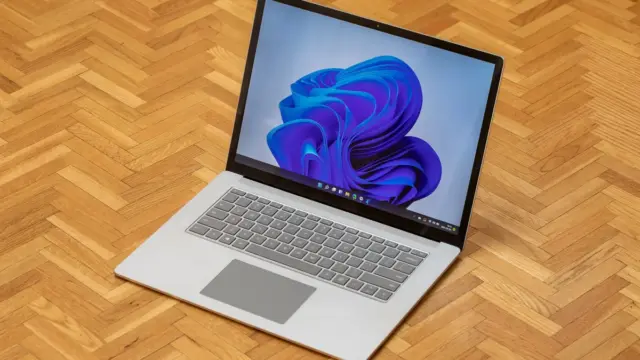
Microsoft is reportedly gearing up for a significant shake-up of its flagship operating system, Windows 11, with whispers of a major update that could introduce fundamental platform changes. Sources familiar with the company’s development roadmap suggest that this upcoming release, potentially slated for later this year or early 2026, goes beyond the usual feature drops and could redefine how users interact with their computers. What exactly is Microsoft planning, and how will it impact your daily digital life?
While official details remain tightly under wraps, industry analysts and leaked information point towards a deep-level restructuring aimed at modernizing the Windows core and preparing it for the next generation of computing experiences. This isn’t just about a fresh coat of paint; we’re talking about potential architectural shifts that could affect performance, security, and the very way applications are designed and run on the platform.
One of the key areas of focus appears to be a move towards a more modular and streamlined operating system. This approach would allow Microsoft to decouple various components of Windows, making it easier to update individual parts without requiring a complete system overhaul. Think of it like upgrading parts of a car rather than buying a whole new vehicle. This could translate to faster, less disruptive updates and a more stable overall experience for users.
Furthermore, there’s growing speculation about a deeper integration of artificial intelligence (AI) throughout the operating system. Microsoft has been heavily investing in AI, and it’s likely that we’ll see more intelligent features woven into the fabric of Windows 11. This could manifest in smarter file management, more intuitive search capabilities, and AI-powered assistance that learns and adapts to your usage patterns. Imagine your computer proactively organizing your files, suggesting relevant applications based on your current task, or even anticipating your needs before you explicitly ask.
Security is another area where significant changes are anticipated. With cyber threats becoming increasingly sophisticated, Microsoft is likely to introduce more robust security measures at the platform level. This could involve enhanced sandboxing for applications, improved protection against malware and ransomware, and potentially even tighter integration with hardware security features. The goal is to create a more secure and resilient computing environment for everyone.
Beyond the technical underpinnings, users might also see noticeable changes in the user interface (UI) and user experience (UX). While Windows 11 already introduced a significant visual refresh, Microsoft is expected to continue refining the design language and making it more consistent across different devices and form factors. This could involve further improvements to the Start menu, taskbar, and File Explorer, as well as new ways to interact with the operating system, such as enhanced touch and pen support.
Consider the frustrations many users face with software bloat and unnecessary pre-installed applications. The rumored modular approach could address this by allowing users to choose which components of Windows they want to install, leading to a leaner and more personalized operating system. This level of customization would put more control in the hands of the user, allowing them to tailor their Windows experience to their specific needs.
The implications of these potential changes are far-reaching. For everyday users, it could mean a faster, more stable, and more secure computing experience. Updates could become less of a hassle, and the operating system could feel more responsive and intuitive. For developers, a more modular platform could open up new possibilities for building applications that are more tightly integrated with the underlying system.
However, such fundamental changes also come with potential challenges. Ensuring compatibility with existing hardware and software will be a crucial task for Microsoft. Users might also need time to adapt to significant UI and UX changes. Clear communication and thorough documentation from Microsoft will be essential to ensure a smooth transition.
Microsoft has a history of ambitious platform updates, and this rumored overhaul of Windows 11 could be another significant step in the evolution of personal computing. While the exact details remain a mystery, the signs point towards a future where Windows is more intelligent, more secure, and more tailored to individual needs. As we await official confirmation from Microsoft, one thing is clear: the way we interact with our PCs could be on the verge of a major shift. Keep an eye out for further announcements and leaks in the coming months, as this story is likely to develop further. The question remains: are you ready for a radically different Windows experience?


















